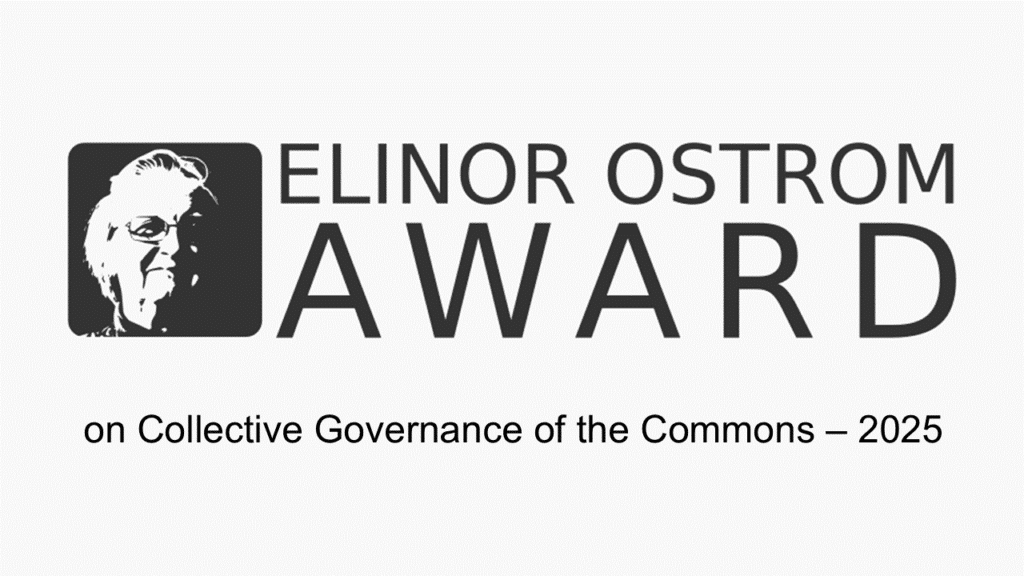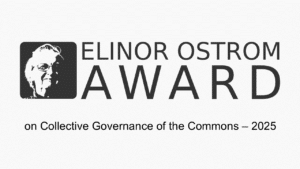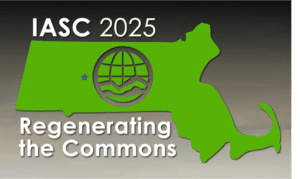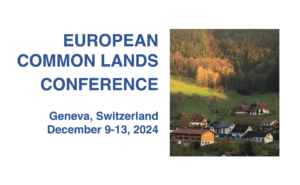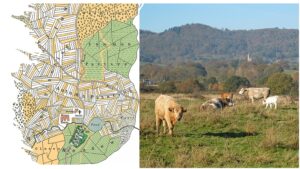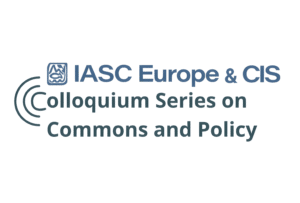The most important lesson…derived from the intellectual journey I have outlined…is that humans have a more complex motivational structure and more capability to solve social dilemmas than posited in earlier rational-choice theory…(which) leads me to argue that a core goal of public policy should be to facilitate the development of institutions that bring out the best in humans.
Elinor Ostrom,
Nobel Prize Lecture, 2009
Elinor Ostrom’s words summarise a lifetime’s research on common resources. At a time of multiple catastrophes— from severe impacts of climate change to the erosion of democratic institutions and growing inequities, along with all the social and economic upheaval these problems entail, we would do well to focus a little of our attention on how to put her insights into practice. After all, climate change and other challenges have demonstrated the centrality of shared resources to our wellbeing. In the case of climate change the impacts we are starting to experience illustrate how we all share global climatic systems, and the viral Pandemic revealed, in real terms, how the behaviour of individuals can affect, in either positive or negative ways, the lives of others. We are not individuals isolated from each other, we share a common planet, and the health of the social and ecological communities affect us all.
The Elinor Ostrom Award is an opportunity to bring some recognition to those involved in developing, operating, or studying “institutions that bring out the best in humans”, and also an opportunity to demonstrate (hopefully to a wider audience) what can be achieved when people work together in innovative ways to manage ‘their commons’, or provide new insights through diligent scholarly research.
The Elinor Ostrom Award on Collective Governance of the Commons is made every two years and coincides with the IASC Biennial Global Conferences on Commons. The XX Biennial IASC Conference – ‘Regenerating the Commons’ – will be held from June 16-20, 2025 in Amherst, Massachusetts, USA.
The Award is now open for nominations for the 2025 round. In this cycle, the Award will be made in two categories to recognize the work of both practitioners and scholars of commons:
The Elinor Ostrom Award - 2025
The Elinor Ostrom Award on Collective Governance of the Commons is made every two years and coincides with the IASC Biennial Global Conferences on Commons. The XX Biennial IASC Conference – ‘Regenerating the Commons’ – will be held from June 16-20, 2025 in Amherst, Massachusetts, USA.
The Award is now open for nominations for the 2025 round. In this cycle, the Award will be made in two categories to recognize the work of both practitioners and scholars of commons:
1. Practitioners
– Awarded to individuals, communities, or groups involved with the creation, protection, sustainable use, and management of common
resources.
2. Scholars
– Awarded to those involved in commons studies and to acknowledge commitment to, and impact on, training and/or advising new generations of commons scholars and/or practitioners.
The Elinor Ostrom Award Winners - 2023
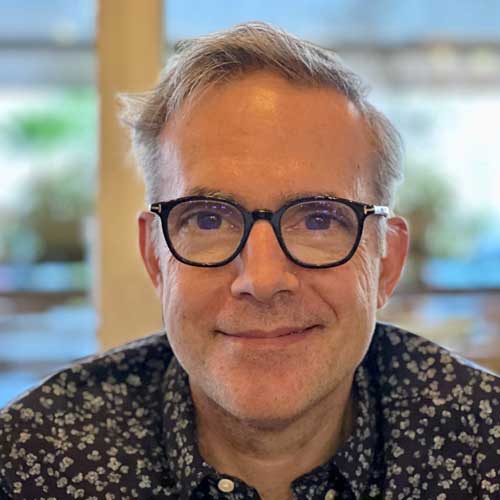
Dr. Marco Janssen
2023 Scholar Awardee
Working together with scholars from diverse disciplines, Dr. Marco Janssen studies the conditions of self-governance of shared resources in the field, the lab, cyberspace, and outer space. Using behavioral experiments, computational models, and case study comparison, his work has
contributed to methodological diversity in studying the governance of the commons. His work demonstrates the importance of a participatory process to derive sustainable outcomes. Those insights are applied to using games as
intervention tools, for example, for groundwater governance in India. Dr. Janssen has also helped to increase access to research outcomes via contributions to practices of open science, open-access publishing, and virtual conferences. To know more, visit https://marcojanssen.info/
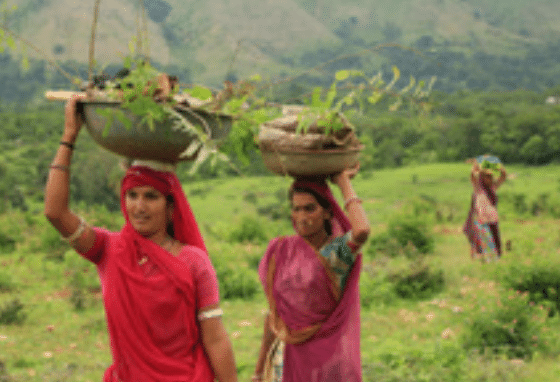
Seva Mandir
2023 Practitioner Awardee
Seva Mandir’s work over fifty years has emphasised revitalisation of ecological commons in western India by strengthening relationships between impoverished rural communities and their lands. The organisation stresses the
use of democratic methods including participatory decision-making. Grounded in Gandhian principles of dialogue and inclusiveness, the process champions
collective good over self-interest. The work has regenerated pastures, sacred groves and forests, created carbon sinks, and engendered sustainable livelihoods. This has fostered a social revolution, producing grassroots
leaders and strengthening social relations across genders and marginalised groups. Seva Mandir aspires to empower more communities to overcome fragmentation, and find common ground and purpose, across broader geographies. To know more, visit https://www.sevamandir.org/
Building trust in one another and developing institutional rules that are well matched to the ecological systems being used are of central importance for solving social dilemmas… To explain the world of interactions and outcomes occurring at multiple levels, we have to be willing to deal with complexity instead of rejecting it.
Elinor Ostrom,
Nobel Prize Lecture, 2009
In making the Award, we are looking for those who are grappling with complexity, in whatever form that takes. This may range from undertaking research to try to understand how to design institutions for addressing problems of global commons, to grappling with how to create governance mechanisms that address the interactions and power relations among social actors, economic activity, and ecological processes at the local level.
If you know a person, a group, or a community working with commons that you think deserves recognition then this is your chance to nominate them for an Award. The Award is open to all areas of the world.
The call for nominations has been extended till the 20th November 2024. See the Ostrom Award
Website elinorostromaward.org for more information on the evaluation criteria, the
application and selection process, past winners, and the Award itself.
Note that the award application can be done only through nomination (no selfnominations please).
If you have any questions, please write to us at ostromaward@gmail.com
Are you a commons scholar or practitioner? If you aren’t already, consider becoming a
member of the International Association for the Study of the Commons.
Visit http://www.iasc-commons.org/ for more information.

